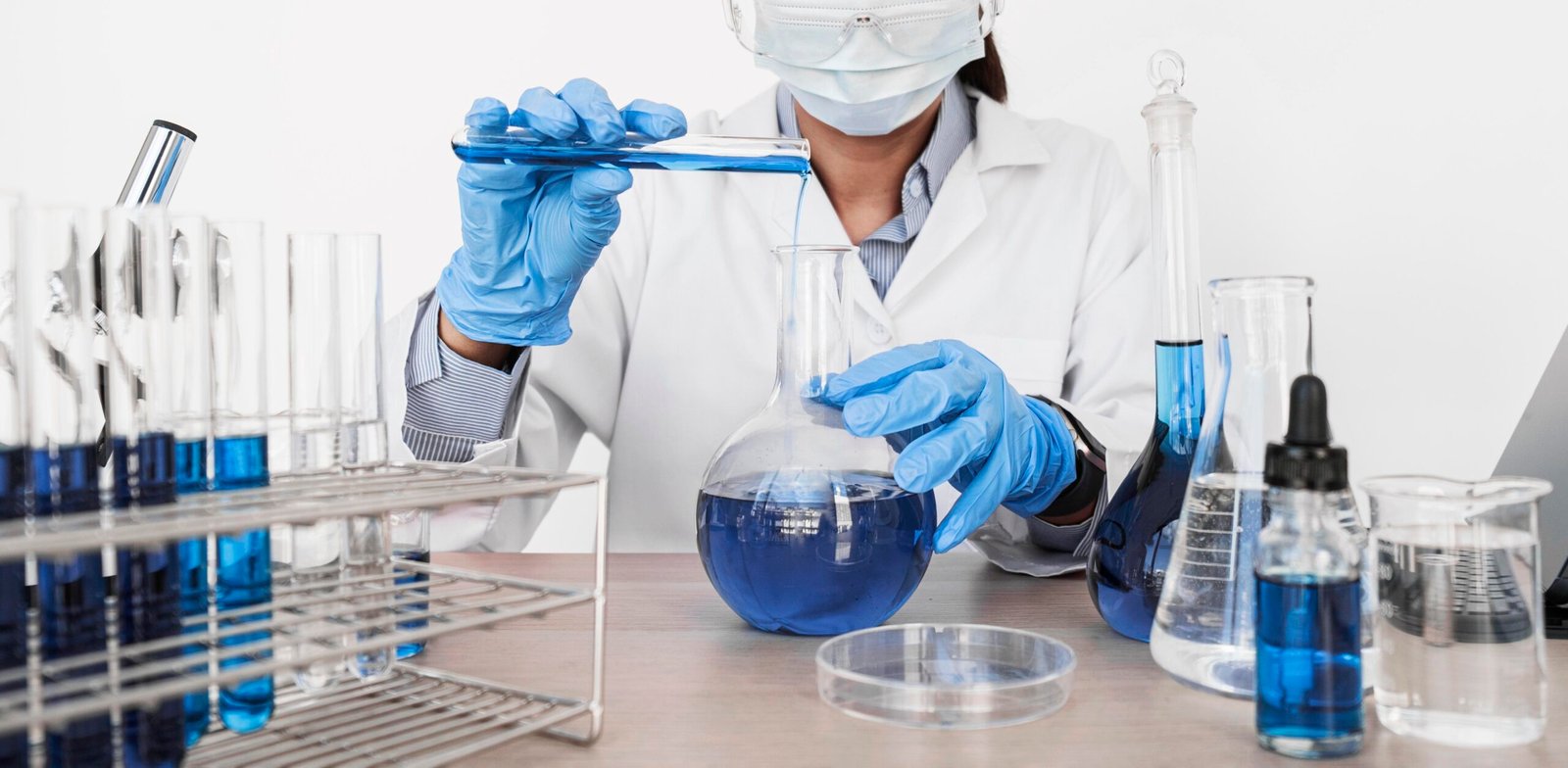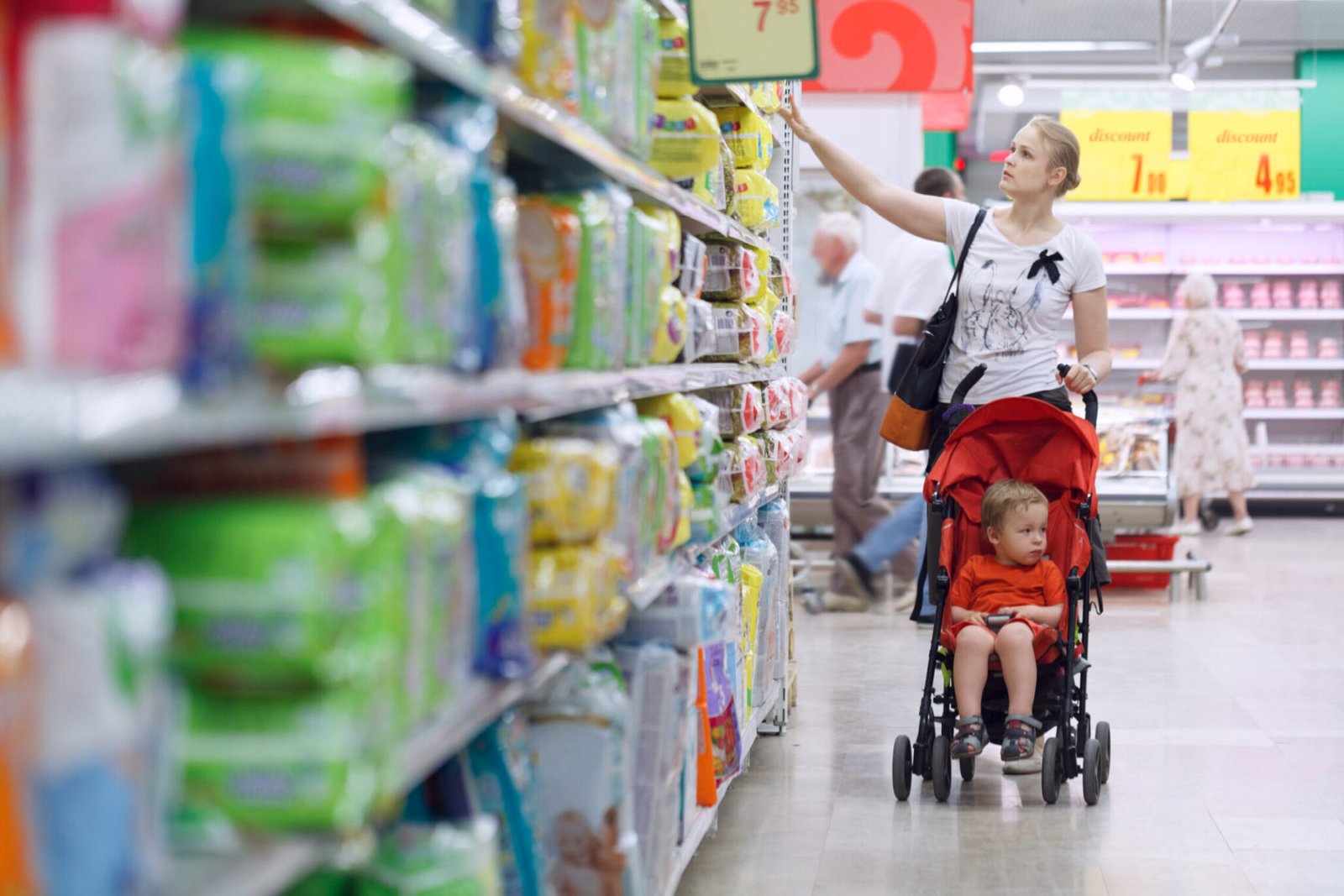Introduction:
When it comes to caring for your baby’s sensitive skin, selecting the right wipes is a critical decision. The market offers a wide array of options, each with its unique features and purposes. In this blog post, we’ll delve into the different types of wipes available, discussing their ingredients, germ-killing capabilities, and why the choice of wipes matters in maintaining your baby’s well-being.
1. Baby Wipes:
Baby wipes are the trusted companion of parents for quick clean-ups. commonly used for cleaning infants during diaper changes. However, not all baby wipes are created equal. When opting for baby wipes, consider:
Composition
- Thickness: wipes are generally more durable and can provide better cleaning.
- Texture: Some wipes have a textured surface for improved cleaning, while others are smoother.
Features
- Hypoallergenic: These wipes are designed to minimize allergic reactions or skin irritations, making them ideal for babies with sensitive skin.
- Fragrance-Free: Fragrance-free wipes are gentle on your baby’s skin and less likely to cause irritation or allergies.
- Alcohol-Free: Some wipes contain alcohol, which can be drying and irritating to delicate skin. Opt for alcohol-free wipes for your baby’s comfort.
2. Hand and Face Wipes:
Hand and face wipes offer convenience on-the-go, suitable for both babies and adults. They are convenient products designed for quick and easy cleaning of hands and faces when soap and water are not readily available.
- Gentle: These wipes need to be as soft as baby wipes, as they are often used on the face, which has more sensitive skin.
- Travel-Friendly: The compact and portable nature of hand and face wipes makes them ideal for travel, providing a convenient way to maintain cleanliness on the go.
- Fragrance-Free: Avoiding added fragrances is essential for preventing eye or skin irritation.
- Not A Substitute For Hand Sanitizer: While hand and face wipes can help remove dirt and surface impurities, they may not provide the same level of germ-killing effectiveness as hand sanitizers.
When choosing hand and face wipes, consider factors such as skin sensitivity, fragrance preferences, and any specific needs you may have. Always read the product labels for information on ingredients, usage instructions, and any precautions. If you have specific skin concerns or conditions, it’s a good idea to choose wipes that are suitable for your skin type. Always be aware of harsh chemicals within any type of wipes that you use for yourself or for you little one.
3. Hand Sanitizing Wipes:
Hand sanitizing wipes have become indispensable for disinfection when soap and water aren’t accessible. However, exercise caution when using them on your baby’s skin. These wipes typically contain alcohol, which may dry out or irritate delicate skin. They’re not the ideal choice for babies, unless they are specifically formulated for infants.
- Effectiveness: Hand sanitizing wipes are effective at reducing the number of germs on the hands when used properly.
- Convenience: They are a convenient alternative to liquid hand sanitizers, especially in situations where a liquid gel may be impractical or where you would like to physically remove dirt or germs.
Not A Substitute For Handwashing: While hand sanitizing wipes are convenient for quick cleaning, they are not a substitute for regular handwashing with soap and water, especially when hands are visibly dirty.
When using hand sanitizing wipes, it’s essential to use them as directed and to follow recommended guidelines for effective hand hygiene. Additionally, consider individual preferences, skin sensitivities, and the specific needs of the situation when choosing the right hand sanitizing wipes for you.
4. Water Wipes:
Water wipes have gained recognition for their simplicity and purity. Usually composed of just water and a small percentage of fruit extract, they’re an excellent option for babies with extremely sensitive skin or allergies. Water wipes are hypoallergenic, fragrance-free, and free from harsh chemicals. However, they may not have germ-killing properties.
Germ-Killing and Doctors’ Recommendations:
It’s essential to understand that not all wipes are designed to kill germs. Water wipes, for instance, focus on purity rather than disinfection. While they’re ideal for sensitive skin, they may not offer germ-killing benefits.
Doctors recommend that the best way to eliminate germs and bacteria is by washing and rinsing your hands thoroughly with soap and water. This method is highly effective and safe for both babies and adults.
Hand sanitizing wipes, on the other hand, are designed to kill germs, but they can be harsh on the skin due to their alcohol content. It’s best to reserve them for situations where handwashing isn’t possible, such as when traveling or in public spaces.
Hand Sanitizer vs. Wipes:
Hand sanitizers are convenient for on-the-go use, as they kill germs quickly without the need for water. However, they can be drying, and proper application is crucial. Wipes, on the other hand, offer a physical cleaning action along with germ-killing properties, making them a versatile option.

Ingredients and Chemicals to Avoid:
When selecting wipes, be vigilant about avoiding wipes that contain:
- Parabens: These preservatives can disrupt hormone function and are best avoided, especially on babies.
- Phthalates: Phthalates are often used in fragrances and should be avoided due to their potential health risks.
- Alcohol: As mentioned earlier, alcohol can be drying and irritating, especially to sensitive skin.
- Chlorine: Chlorine bleach should be avoided in wipes, as it can be harsh and may leave residues.
Conclusion:
In conclusion, selecting the right wipes for your baby involves considering their specific needs. Opt for wipes that are hypoallergenic, fragrance-free, and alcohol-free for everyday use, especially if your baby has sensitive skin. Water wipes are an excellent choice for purity but may not have germ-killing properties. Remember that hand washing remains the gold standard for germ removal, while wipes and hand sanitizers serve as convenient alternatives when needed. Prioritize your baby’s well-being by making informed choices for their hygiene needs.






